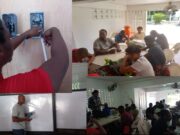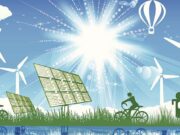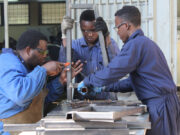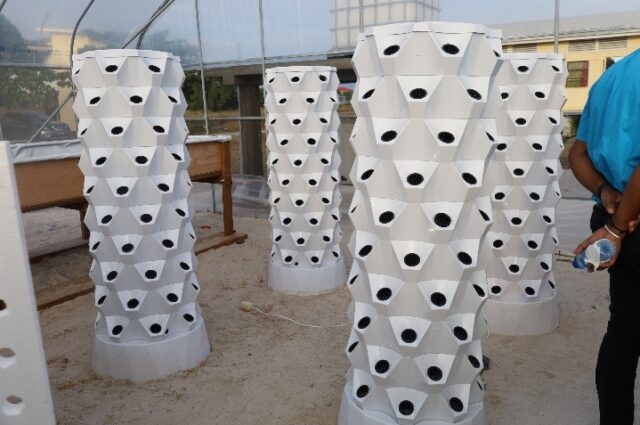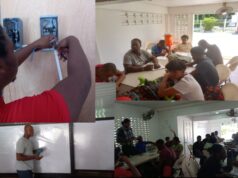The Government of Guyana through the Ministry of Agriculture has signaled its intention to transform its premiere agricultural learning institution to cater to a number of advancements within the sector.
During the launch of the Empowering Women and Youth Through the Mainstreaming of Climate-Smart Agriculture Technologies programme at the Guyana School of Agriculture’s (GSA) Mon Repos campus, Agriculture Minister, Zulfikar Mustapha disclosed that the government will be partnering with the Inter-American Institute for Corporation on Agriculture (IICA) to make GSA a Center for Excellence.
While addressing the gathering, Minister Mustapha said that the GSA has, over the years, played a very important role in molding agricultural practitioners across the region and that the government was taking the necessary action to further develop the institute to offer additional resources and programmes in that regard.
“Over the years, the Guyana School of Agriculture has played a very important role in developing agriculture not only in Guyana but across the Caribbean. This year, as was announced during the opening of the CARICOM Summit by His Excellency, President Dr. Irfaan Ali, we will be collaborating with IICA to make this institution a center for excellence,” said the minister.
He added, “We have students coming from across the Caribbean to attend the GSA and study different programmes in agriculture. We’ll also be building a FabLab similar to the one at IICA’s headquarters in Costa Rica. We are also looking to construct a Situation Room; a data center where we can have real-time data not only for Guyana, but the Caribbean so that we can drive this process forward.”
Furthermore, he said that the project being launched and the facilities being offered under the project provide a platform for women and youth to not only gain valuable skills and knowledge in climate-smart agricultural technologies but also to become agents of change within their communities.
“By mastering techniques like hydroponics and aquaponics, they will be equipped to cultivate food in a sustainable and efficient manner, even in the face of climate challenges. These cutting-edge technologies are being integrated by the government into the local agriculture system, to increase food production, achieve food security, and reduce our food import bill,” the minister added.
Canadian High Commissioner to Guyana, Mark Berman in his remarks said harnessing climate-smart agricultural practices is more and more necessary than ever for a sustainable future and global food security
He noted that climate change can disrupt food availability, reduce food access, increase food cost, and affect food quality. The envoy said too that changes in precipitation patterns and extreme weather events have led to reduced agricultural productivity which impacts the livelihoods of small-scale farmers. Therefore, the official said harnessing climate-smart agricultural practices is more necessary than ever for a sustainable future and global food security. “In line with our climate finance commitment for climate-smart agriculture food systems Canada continues to deliver programming that focuses on smallholder farmers especially women and youth to help improve their economic resilience and livelihoods through sustainable practices while facilitating access to resources,” Ambassador Berman said.
The project, which was made possible through the collaborative efforts of the Government of Guyana, the Inter-American Institute for Cooperation on Agriculture (IICA), and the United Nations Development Programme (UNDP) under the Enabling Gender-responsive Disaster Recovery, Climate and Environmental Resilience in the. Caribbean” (EnGenDER) project, saw the construction of a greenhouse as well as the establishment of an aquaponics system.
Students will be able to utilize climate-smart agricultural techniques such as hydroponics and aquaponics to cultivate leafy vegetables as well as rear various species of fish.

